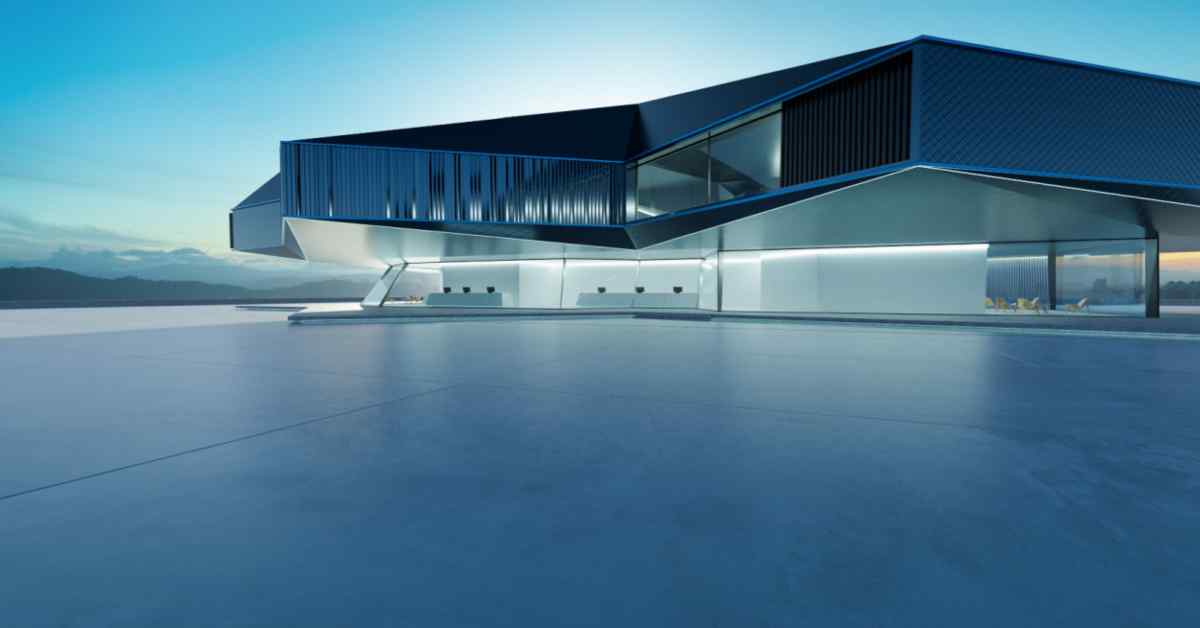If you're looking for durable and cost-effective flooring options, you must read this blog. You will learn about IPS flooring, its advantages, installation process, maintenance, applications, and comparison with other flooring types. Read on to make an informed decision for your next flooring project.
Understanding IPS Flooring
Definition And Full Form Of IPS Flooring
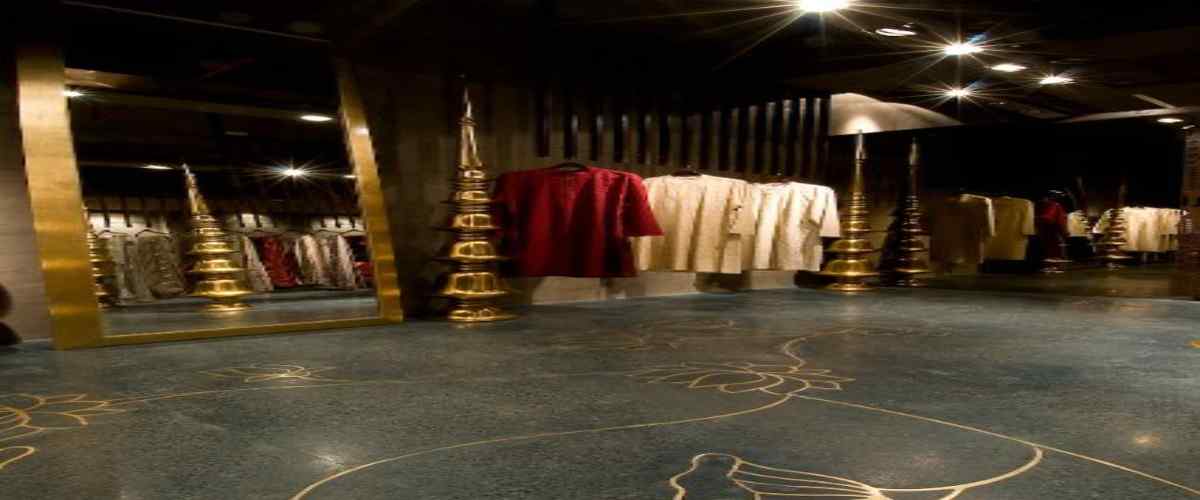
Indian Patent Stone- IPS Flooring is a popular flooring option used in a variety of spaces, from industrial buildings to residential complexes. It is a cementitious flooring solution that is made up of a mixture of cement, marble powder, and colour pigments.
Recommended Reading
The flooring is created by mixing these components and then pouring the mixture onto the prepared surface. Once the mixture is laid, it is then finished with a trowel to create a smooth surface. IPS flooring is known for its durability, easy maintenance, and cost-effectiveness. It is widely used in both commercial and residential spaces.
Specifications of IPS Flooring
IPS Flooring has a thickness ranging from 20mm to 25mm. It is typically made up of a mix of Portland cement, fine aggregates, and water. It has a compressive strength of around 200 kg/cm², making it a highly durable flooring option. IPS flooring is also known for its low porosity, which makes it highly resistant to water, moisture and stains. It is available in a variety of colours, textures and finishes, making it easy to customise to suit specific design requirements.
Advantages of using IPS Flooring
IPS (Indian Patent Stone) flooring is a popular choice for industrial, commercial, and residential buildings due to its various advantages. IPS flooring is highly durable, long-lasting, easy to maintain, and cost-effective. It is also resistant to abrasions, scratches, and impact damage. The flooring can withstand heavy foot traffic, harsh weather conditions, and exposure to chemicals. IPS flooring is also versatile, as it is available in a range of colours, textures and finishes, making it easy to customise to suit specific design requirements.
IPS Flooring Rate Per Sqm
The cost of IPS flooring typically ranges from Rs. 35 to Rs. 60 per square foot, depending on a variety of factors. These factors include the location of the project, the size of the area, and the specific requirements of the project. Additional costs may include labour charges, material costs, and any other installation charges. It is essential to obtain a detailed quote from a professional flooring contractor to accurately determine the cost of IPS flooring for a specific project.
IPS Flooring vs Other Flooring Types
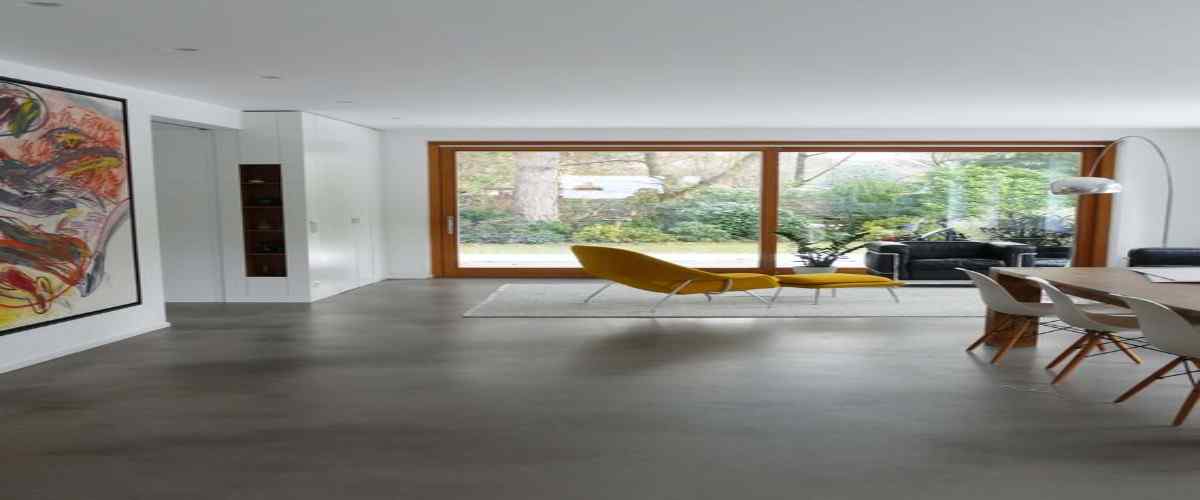
IPS Flooring vs VDF Flooring
IPS flooring and VDF (Vacuum Dewatered Flooring) flooring are both popular flooring options used in a variety of spaces. While both options are durable and easy to maintain, there are some key differences between the two. IPS flooring is typically a more cost-effective option compared to VDF flooring, making it an ideal choice for those on a tight budget.
VDF flooring is typically more durable and has a smoother finish compared to IPS flooring, making it a better choice for high-traffic areas. While IPS has a thickness of 25mm, VDF has a thickness of 30-35mm. IPS is more suitable for residential and commercial areas with light to medium traffic. On the other hand, VDF is more suitable for industrial areas, where there is heavy foot traffic and heavy machinery.
Difference Between PCC and IPS Flooring
IPS flooring and PCC (Plain Cement Concrete) flooring are two different types of flooring commonly used in construction. The primary difference between IPS and PCC flooring is that IPS flooring is a type of decorative flooring, while PCC flooring is used for foundation and base layers. IPS flooring offers various design options, including different colours, textures, and patterns, while PCC flooring is plain and simple in appearance.
IPS flooring is typically more expensive than PCC flooring due to its decorative properties, but it is also more durable and long-lasting. IPS flooring has a thickness of 25mm while PCC flooring has a thickness of 50-75mm. IPS flooring is used for interior areas while PCC flooring is used for exterior areas.
Coloured IPS Flooring
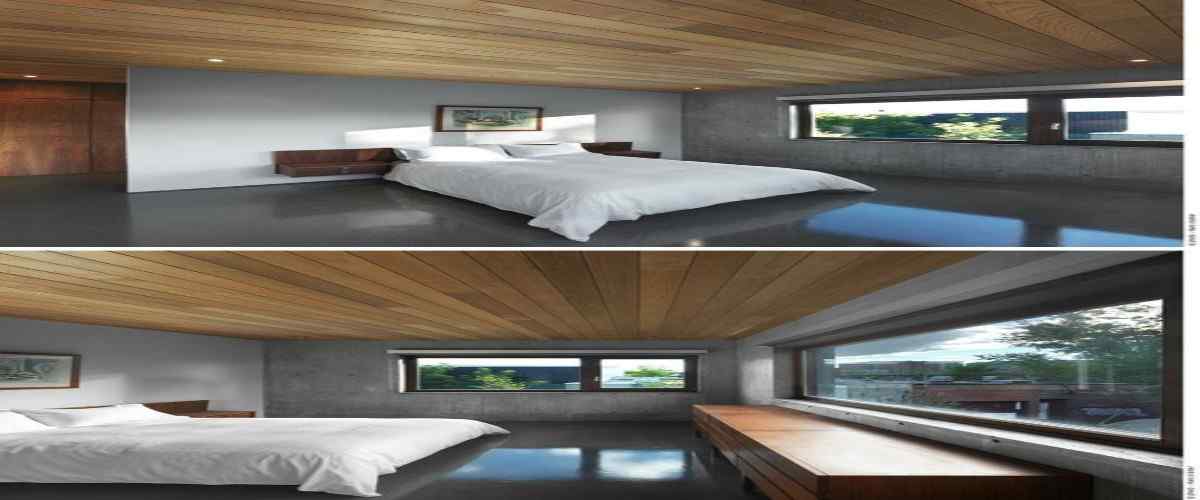
IPS flooring can be coloured to give it a more vibrant and appealing look. Coloured IPS flooring is a popular flooring option that involves adding pigments to the concrete mix to create a range of attractive colours. This type of flooring is highly durable, easy to maintain and offers a seamless finish, making it ideal for a variety of commercial and residential applications.
The colours used in IPS flooring can be customised to match the design preferences of the customer, allowing for a unique and personalised look. Coloured IPS flooring is perfect for decorative areas like gardens, patios, and terraces.
IPS Flooring Texture
IPS flooring texture is typically smooth and seamless, as it is created by polishing and finishing the concrete surface. However, various textures can be added to IPS flooring to achieve a specific aesthetic or functional goal. For example, the addition of aggregates, such as gravel or stones, can create a rougher texture that provides slip resistance and improves traction.
Additionally, stamping or etching can be used to create patterns or designs on the surface of the flooring. Overall, the texture of IPS flooring can be customised to fit the specific needs and preferences of the customer.
IPS Flooring Installation Process
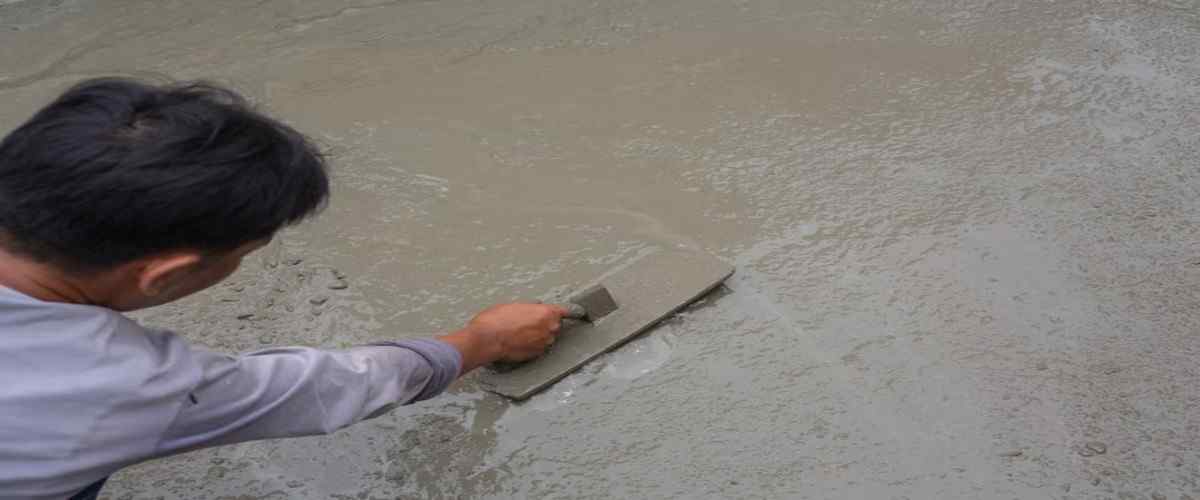
Indian Patent Stone (IPS) flooring is a popular flooring option in India due to its durability and affordability. The installation process of IPS flooring involves several steps, which are described below-
Preparing the Surface for IPS Flooring
Preparing the surface for IPS finish involves several key steps to ensure the best possible results. First, the surface must be thoroughly cleaned and any existing flooring or coatings must be removed. Next, any cracks or holes must be filled and smoothed over to create a level surface. A layer of primer is then applied to help the IPS flooring adhere to the surface, followed by the application of the IPS mix itself.
Making the IPS mixture and Applying It
The next step is the application of the IPS plaster on the prepared surface. This plaster is made of cement, sand, and water. To make the IPS mixture, cement, sand, and pigment are mixed in the correct proportions. The mixture should be mixed thoroughly to ensure consistent colour and texture. Water is added to the mixture gradually while stirring until a thick, paste-like consistency is achieved.
The plaster must be applied in two coats, with a gap of 24 hours between each coat. The thickness of each coat should be between 12mm to 15mm.
Laying IPS Flooring
After applying the IPS mixture, a layer of marble chips or stone aggregates is spread over the surface while the mixture is still wet. The marble chips or stone aggregates are spread evenly and pressed down lightly to ensure that they are embedded in the IPS mixture. The surface is then left to dry for at least 24 hours.
Finishing the IPS Flooring
Once the IPS flooring is dry, the surface is polished using a stone polisher. The surface is first polished using a rough grit pad, followed by a medium grit pad, and finally a fine grit pad. The polishing process removes any rough spots and gives the IPS flooring a smooth and shiny finish. Once the polishing is complete, the surface is cleaned thoroughly to remove any dust or debris. A coat of sealant is then applied to the surface to protect it from moisture and stains.
Maintenance of IPS Flooring
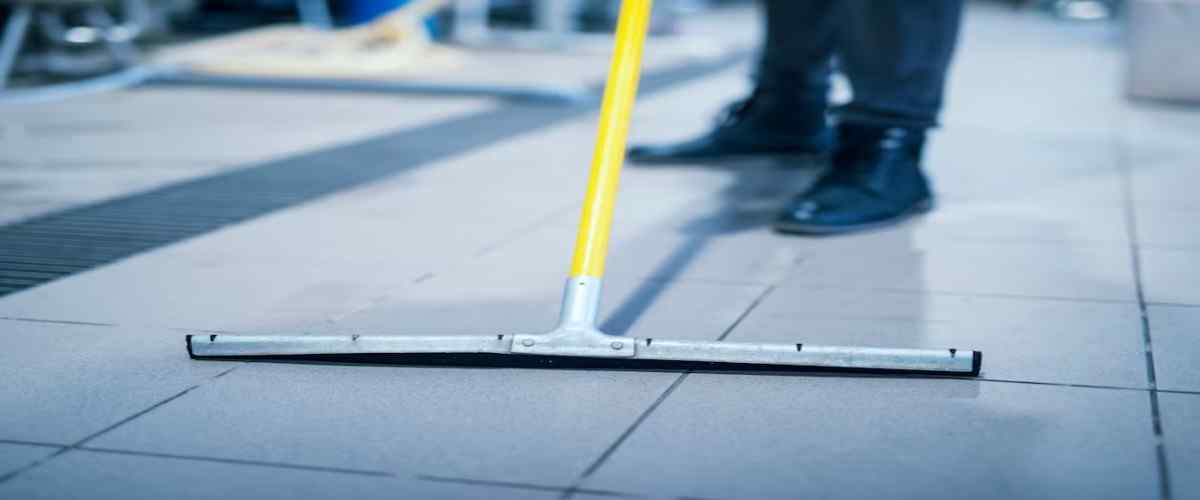
IPS flooring is a popular type of flooring in India due to its durability and low cost. However, like any other flooring material, IPS flooring requires proper maintenance to retain its appearance and longevity. Here are some tips on how to maintain IPS flooring-
Cleaning IPS Flooring
Regular cleaning of IPS flooring is essential to keep it free from dust, dirt, and stains. To clean IPS flooring, sweep the floor using a broom or vacuum cleaner to remove loose dirt and dust. Next, mop the floor using a mild detergent solution and a soft mop. Avoid using harsh cleaning agents or abrasive scrubbers as they can damage the surface of the flooring.
Polishing IPS Flooring
Polishing IPS flooring helps to enhance its appearance and increase its lifespan. Polishing can be done once or twice a year, depending on the traffic and usage of the area. Before polishing, ensure that the floor is clean and dry. Apply a coat of IPS polish evenly on the surface using a clean mop or applicator. Allow the polish to dry for at least an hour before applying the second coat. Repeat the process, if necessary.
Repairing IPS Flooring:
IPS flooring can develop cracks, chips, or scratches over time due to heavy usage or accidental impact. Such damages should be repaired promptly to prevent further damage. To repair IPS flooring, clean the damaged area thoroughly and remove any loose debris. Apply an IPS patching material or cement mixture to the damaged area and level it using a trowel. Allow the patch to dry completely before polishing or using the area.
Longevity of IPS Flooring
The longevity of IPS flooring depends on its maintenance and usage. Regular cleaning, polishing, and repairing can significantly increase the lifespan of IPS flooring. Avoid dragging heavy furniture or sharp objects on the flooring surface as they can cause scratches or dents. Place doormats at entrances to prevent dirt and dust from entering the area. It is also advisable to apply a sealant or coat of wax on the flooring surface to protect it from moisture and stains.
Where Can IPS Flooring Be Used?
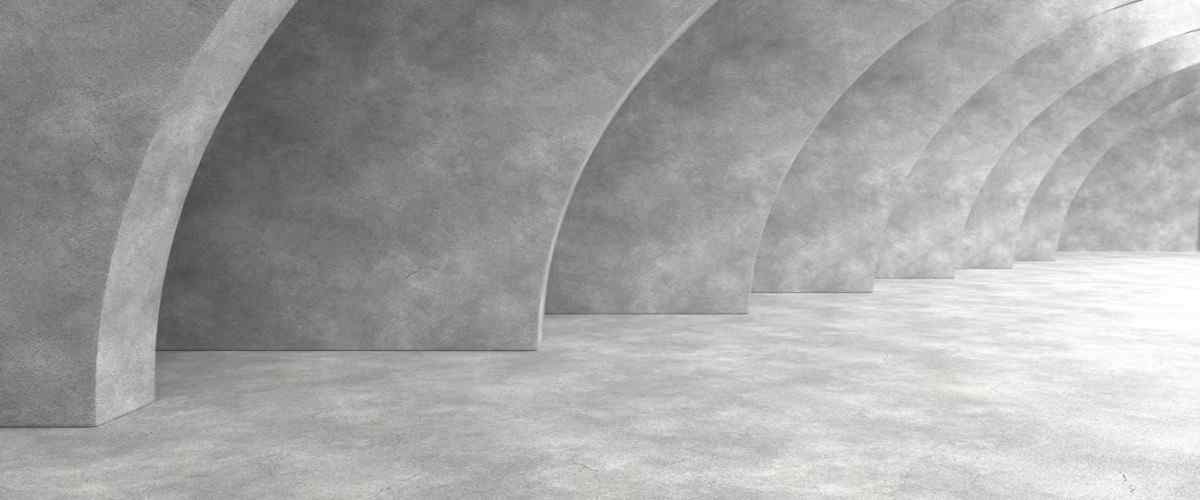
IPS flooring can be used in a variety of applications, including residential, commercial, and industrial settings.
In residential applications, IPS flooring is commonly used in kitchens, bathrooms, and other high-traffic areas due to its durability and resistance to moisture. It is also a popular choice for outdoor patios and walkways. In commercial and industrial settings, IPS flooring is used in factories, warehouses, and other industrial facilities due to its strength and resistance to heavy machinery and foot traffic.
One of the advantages of IPS flooring is its affordability compared to other flooring options such as marble or granite. It can also be customised by using different colours of aggregates, giving it a unique look. IPS flooring is also easy to maintain and clean, making it a practical choice for busy households and commercial spaces.
Overall, Indian Patent Stone flooring is a versatile and practical flooring option that is widely used in India. Its durability, affordability, and customizability make it a popular choice for a variety of applications, from residential to commercial and industrial.
In conclusion, IPS flooring is a durable and cost-effective flooring option that is suitable for various applications. It is easy to install and maintain, making it an excellent choice for both commercial and residential spaces. With proper maintenance, IPS flooring can last for several years. However, it is crucial to prepare the surface properly and follow the correct installation process to ensure its longevity.
Want your home to have IPS flooring? Need help designing your home’s interior to go with IPS flooring? NoBroker Interior Design services can help! Our interior design experts understand your interior design requirements and work to turn your house into a home at unbeatable prices while maintaining quality. Head over to NoBroker Interior Design Services or leave a comment below and we’ll get in touch with you right away.


